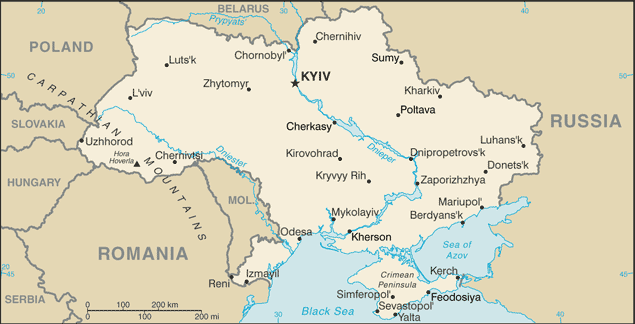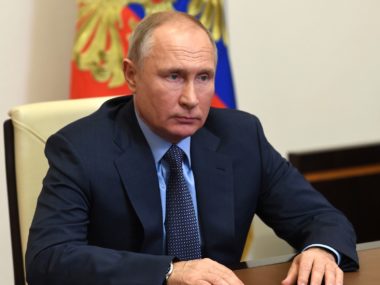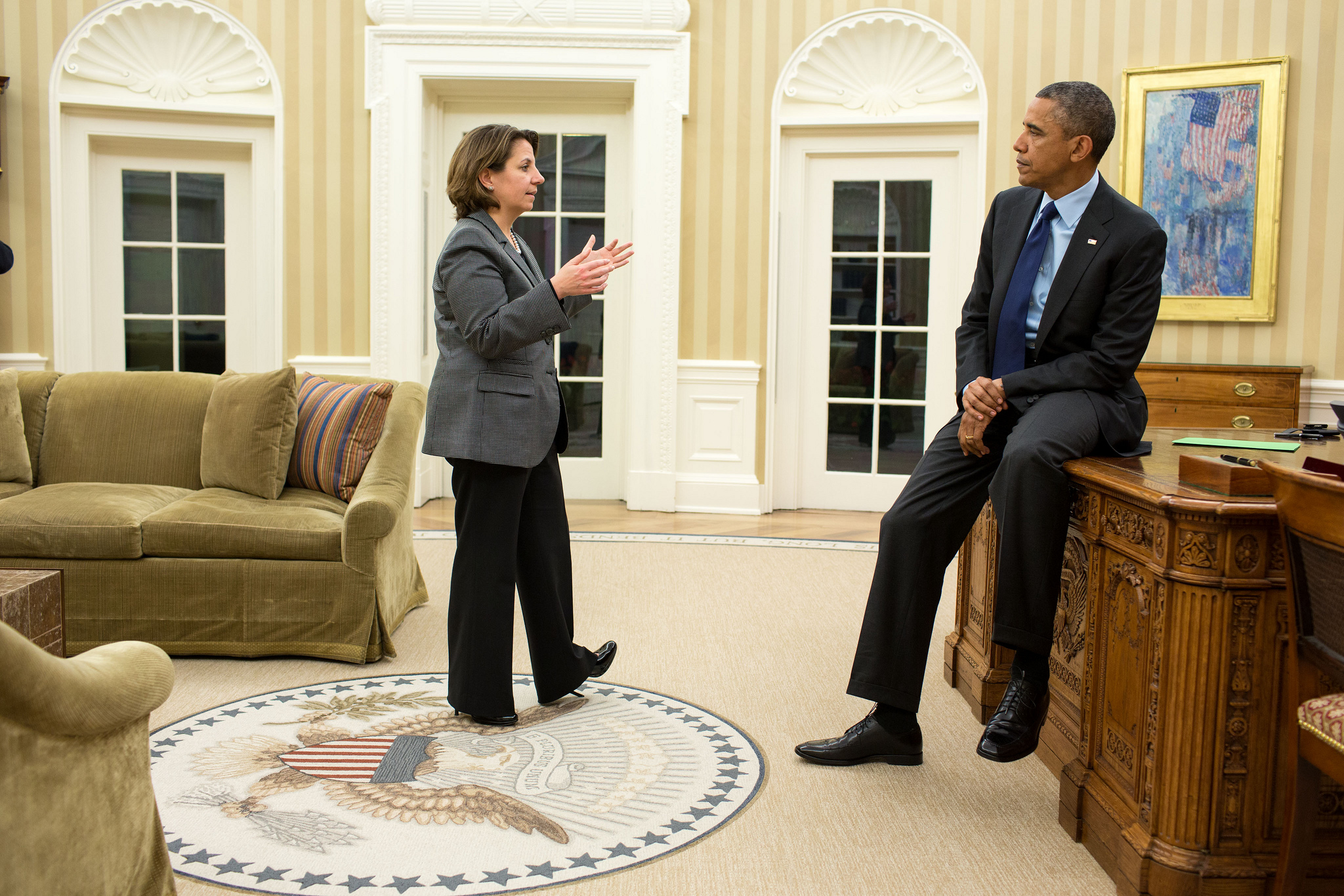Guest post by Julia Gray

Research on the connection between prosperity and democracy suggests that democracy is unlikely to thrive in Ukraine no matter who is put in power. Why? Studies have shown that liberal democracy is significantly more likely to take hold in countries with some degree of political legitimacy and prosperity. With its lack of reliable options for international economic exchange, prosperity seems a long way off for Ukraine, particularly given the current tensions with Russia.
Any new leader in Ukraine faces two tough international options. He or she can choose to further align with Russia (though this may no longer be politically possible). This would bring much-needed money in the form of oil and other support but at the cost of its international reputation and, possibly, political influence. Or the new leader can choose to align with the West and the EU. This would bring a short-term reputational boost but not nearly enough tangible material benefits, either in the form of aid or trade – not to mention no tangible prospect of EU entry down the road. Either way, prosperity for a majority of Ukrainians will be elusive.
Other post-communist countries such as Poland, the Czech Republic and Slovakia were able to forge a stronger link between democracy and prosperity, but that was in large part because they could more easily align themselves with the West. Each was able to do this because they have two things that Ukraine does not. The first is a relatively homogenous population. In Ukraine, much of the country is home to significant fractions of Russian speakers, giving the country’s eastern and southern regions economic as well as historical ties to the East. This demographic split makes democratic elections a particularly shaky arrangement, and internationally has kept it politically teetering between sides, neither of which is particularly interested in Ukraine succeeding.
The second was a clear path to prosperity through international trade and investment. After the fall of the Berlin Wall, many of the post-communist countries were able to reorient their exports to European markets, helping to make quick accession into the EU possible, as well as access to capital and foreign direct investment. Ukraine was not able to do this because of Leonid Kuchma’s long tenure in the presidency after independence, and because enlargement fatigue and tensions in the Eurozone have made EU entry increasingly unlikely for many of the current hopefuls.
Any leader of Ukraine, therefore, will have to balance the country’s west — formerly part of the Austro-Hungarian empire and strongly identified with western Europe– with its Russian-oriented east and south. What’s more, he or she will have to choose between a lukewarm EU deal that offers trade, but not in agriculture (Ukraine’s primary factor endowment) or stronger Russian economic ties that come with Putin’s meddling. Other post-Soviet states that experienced supposed democratic transitions in 2004 and 2005 – specifically Georgia and Kyrgyzstan – have also seen political instability and corruption go hand in hand with limited prosperity (Kyrgyzstan was never able to attract much Western investment, and Georgia’s attempts to position itself in the Western geopolitical structures were not wholly successful).
So democracy absent prosperity has not been particularly successful in Ukraine. Lacking good options domestically as well as internationally, it now seems likely to approach the International Monetary Fund for bailout cash, and its political crisis may result in federation or even war, as Russia takes advantage of the uncertainty by making a grab for Crimea. Ukraine’s crisis shows us that democracy without attendant prosperity (often borne of reliable trade links) may not be worth much to developing nations.
Julia Gray is an Assistant Professor of Political Science at the University of Pennsylvania. Her recent book, The Company States Keep, looks at the reputational consequences of membership in international organizations.







